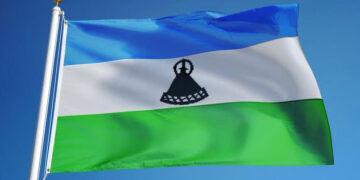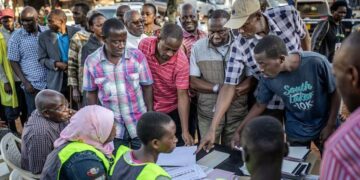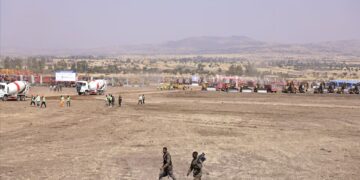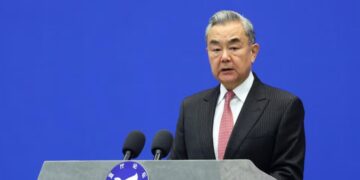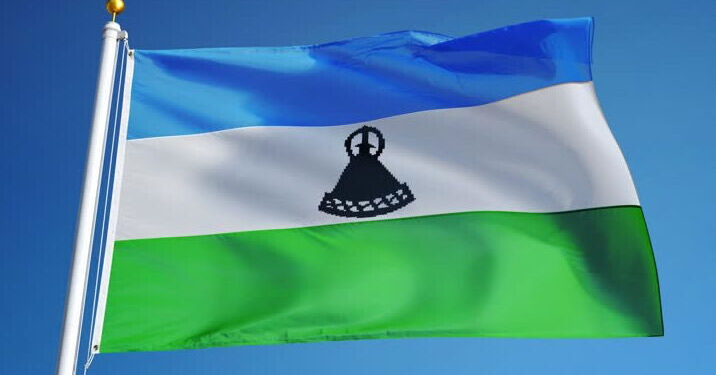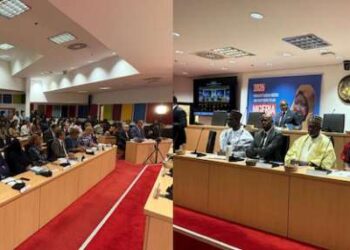The government of Lesotho has declared a national state of disaster over soaring youth unemployment, a crisis exacerbated by economic instability and uncertainty over U.S. trade policies that threaten the country’s textile-dependent economy.
The emergency has been triggered by youth unemployment reaching 50 percent, with overall joblessness at 30 percent, one of the highest rates globally. U.S. trade uncertainty has added to the strain. Lesotho faced a 50 percent tariff threat on exports under Trump’s April policy, which is now paused but still at 10 percent. The African Growth and Opportunity Act, which grants Lesotho duty-free access to U.S. markets, is set to expire in September 2024, potentially costing 40,000 jobs. Cuts to USAID programs, including the termination of PEPFAR HIV and AIDS relief, have deepened the economic strain.
The disaster declaration will remain in effect until June 2027 and allows emergency funds to be redirected to job creation. Immediate measures include scrapping business registration fees for startups to spur entrepreneurship. Long-term fears remain that without renewal of AGOA, Lesotho’s $240 million textile trade with the U.S. could collapse.
Broader economic woes continue to weigh heavily. The textile sector employs thousands, mostly women, but faces steady decline. Droughts and the aftermath of the pandemic have worsened poverty across the country. Analysts report a surge in crime, as desperation has led to rising theft and robberies.
Public reaction is mixed. The government has called the move necessary to avert economic collapse. Critics argue the crisis was years in the making, with or without U.S. tariffs. Analyst Thabo Qesi summed up the daily toll, saying unemployment drives crime and this is a daily struggle now.
